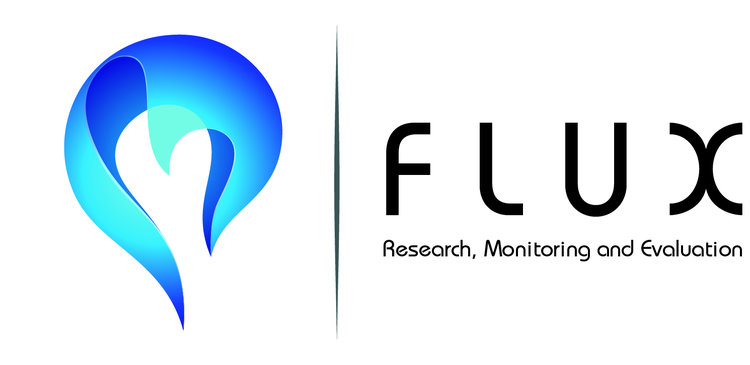Welcome to part 3 of the series #tipsfornewevaluators!
The rush of recognizing a good quote is addictive! When I worked as a reporter for my university’s newspaper, they were my favorite part of getting a story. Something about talking to a new person and getting a feel for how they communicate with their words, bodies and expressions - it’s like immersing yourself in a whole new world.
Conducting fieldwork is often an early part of an emerging evaluator's journey: on the ground, in the mix or whatever you call it. You'll be interacting with the real people affecting - and affected by - the program you’re evaluating.
Interviews are one of the tried-and-true workhorses of data collection during fieldwork for both journalism and evaluation, but there are some subtle differences. Both disciplines seek to tell a compelling story, but evaluations have the added goal of being useful for guiding the future of decision making. Depending on the evaluation methodology, the interview might also take on a range of specific formats with different degrees of structure, probing and exploration (e.g. closed, semi-structured and open; more on these in a later post).
Interviewing for Evaluation: Getting started
Here are three tips to make sure you make the most of your time with them. Ready when you are!
1. Prep a script. And practice it.
You don't have to say exactly what you wrote, but it's important to plan to give yourself the maximum chances of getting the information you want. Never forget that no matter how friendly the person or how willing to talk, you're taking up their time and it's important to know when you've got what you need. Put another way, you never know exactly where the winding road of a conversation will bring you, but you want to have directions to guide you.
Beyond the questions you want to ask, a script should include an introduction of yourself and your organization/company, an estimation of the time an interview will take, a brief overview of the project you're working on.
You also need to establish 'informed consent,' and to get it, your respondents MUST be well-informed! As interviews are almost never the only source of information in an evaluation, the interviewer needs to know beforehand how the interview data will be stored, transmitted, analyzed and interpreted alongside other sources of evidence. In other words, you have to be clear about what you'll be doing with the information they give you. If you're recording, don't forget to get their permission to record. Be explicit and succinct.
Finally, don't let the first time you use your script be on your interviewee. Practice your script on a co-worker or friend first. Practice makes progress!
2. Mark your time.
Plan and simple. If you're recording, put timestamps at the beginning of each new question or section as you go. This way, you aren't wasting valuable time searching through the entire recording looking for that one good sentence. Uhhhhh, no...I definitely haven't done that before.
3. Get personal.
It takes a lot of courage and tact, but many times you'll have to learn to dig a little deeper. There are many, much less costly ways than an interview to tells if someone likes or doesn't like the program. In the interview, you're there to understand WHY. I like to describe it as getting water from a well. No matter how long it takes you to lower the bucket, you'll hit water eventually.
Wrapping Up.
I hope you’ll join me again for the next part in the series, which features some ideas on how to make meetings fun, effective AND interesting. If you have any ideas for me, please don’t hesitate to email me at tawanda@fluxrme.com. See y’all soon!



